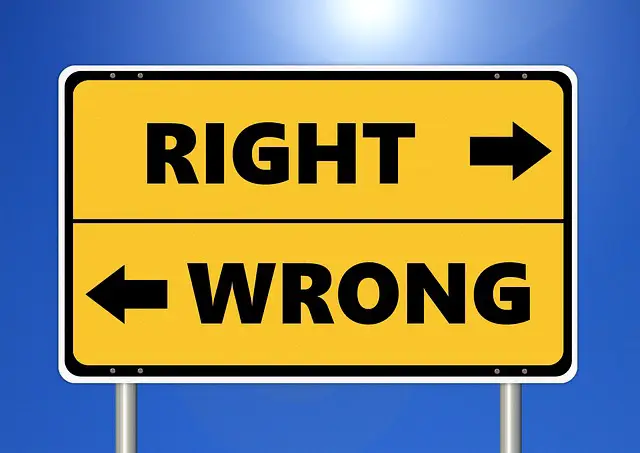Duty is an obligation or moral commitment, while responsibility is the accountability for fulfilling duties or tasks.
TL;DR Duty Vs. Responsibility
Duty is an obligation or requirement imposed by external factors such as laws, rules, or expectations. It is often non-negotiable and carries a sense of moral or legal obligation.
Responsibility refers to the actions one voluntarily takes on oneself in order to fulfill a task or duty. It involves being accountable for one’s choices and decisions and actively taking ownership of them.
What is duty?

Duty is a moral or legal obligation that requires individuals to fulfill specific responsibilities or tasks. It is often tied to one’s role, position, or societal norms.
Duties encompass a wide range of actions, from legal obligations like paying taxes and obeying laws to ethical responsibilities such as caring for family members, helping others in need, or contributing to the greater good.
Failure to fulfill one’s duties can result in legal consequences or moral guilt. Duty is a foundational concept in ethics, law, and societal norms, emphasizing the importance of fulfilling one’s obligations for the well-being of individuals and communities.
What is responsibility?

Responsibility is a fundamental concept that influences our actions and decisions on a daily basis. It refers to the obligation we have to fulfill our duties and take ownership of the consequences that arise from them.
Responsibility involves being accountable for one’s actions and choices. It requires individuals to acknowledge their role in various situations and actively work towards achieving desired outcomes.
Whether it’s at home, school, or work, responsibility drives us to act with integrity and do what needs to be done.
Duty Vs. Responsibility – Key differences
| Aspect | Duty | Responsibility |
|---|---|---|
| Definition | Moral or legal obligations one must fulfill | Accountability for tasks or obligations |
| Origin | Often imposed by external factors or roles | Can be voluntarily accepted or assigned |
| Obligation Level | Typically non-negotiable | Can vary in terms of commitment |
| Legal Consequences | Failure may result in legal consequences | Often lacks legal consequences |
| Examples | Paying taxes, obeying laws | Completing work tasks, caring for family |
| Nature | Inherent, prescribed | Acquired, voluntary or delegated |
| Source | External | Can be internal or external |
| Flexibility | Generally less flexible | Can be more flexible depending on choice or circumstances |
| Ethical Considerations | Often tied to moral principles | Can involve ethical considerations |
Examples of duty and responsibility
Examples of Duty
- Jury Duty: Citizens have a legal duty to serve on a jury when called upon by the court.
- Parental Duty: Parents have a moral duty to provide for and care for their children.
- Military Duty: Soldiers have a duty to defend their country and follow orders.
Examples of Responsibility:
- Work Responsibility: Employees have a responsibility to complete their assigned tasks and meet work-related obligations.
- Environmental Responsibility: Individuals have a responsibility to reduce their carbon footprint and protect the environment.
- Civic Responsibility: Citizens have a responsibility to vote in elections and participate in their communities for the common good.
Image Credits
Featured Image By – Tumisu from Pixabay
Image 1 By – Timothy Eberly on Unsplash
Image 2 By – Gerd Altmann from Pixabay








